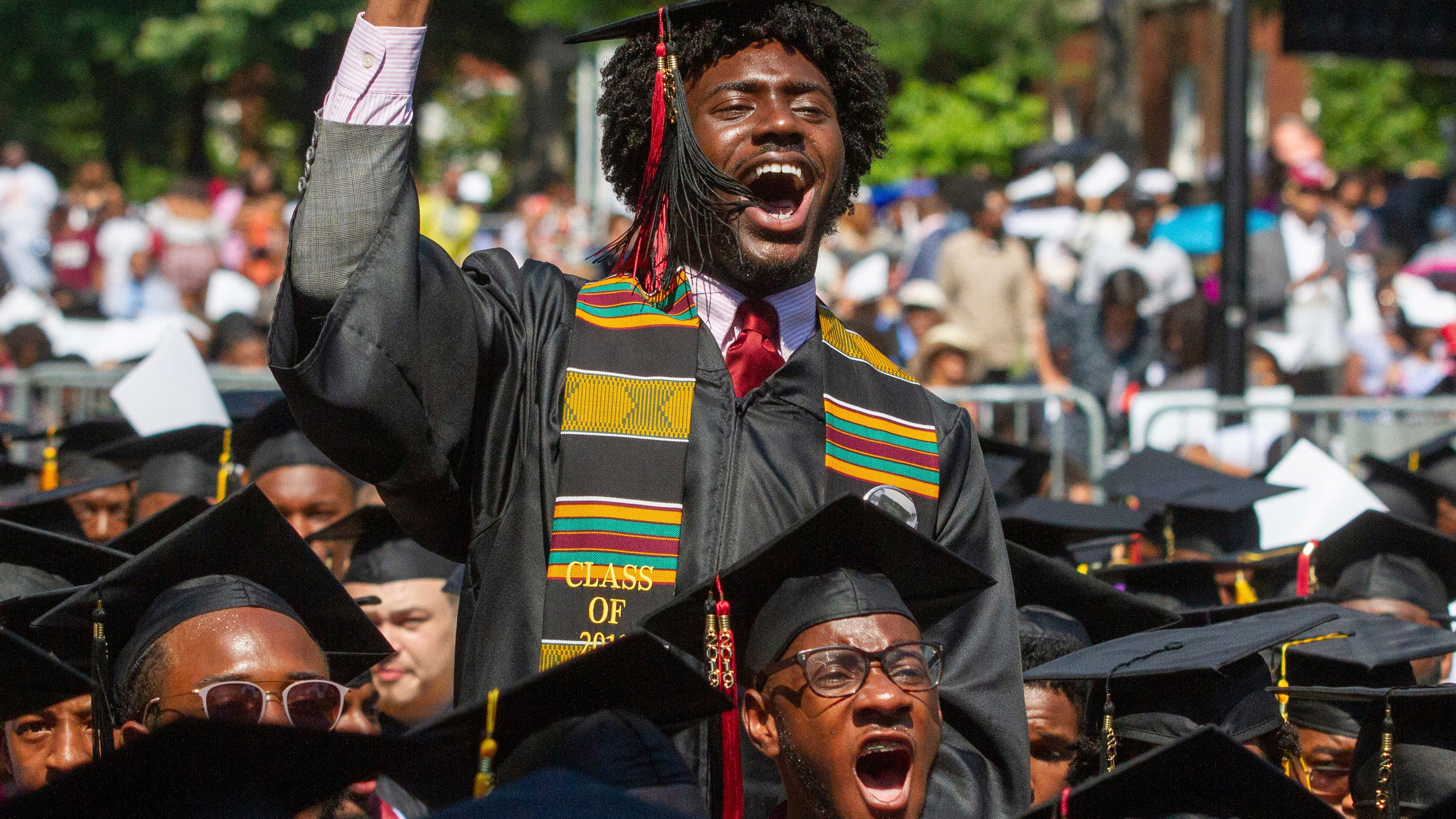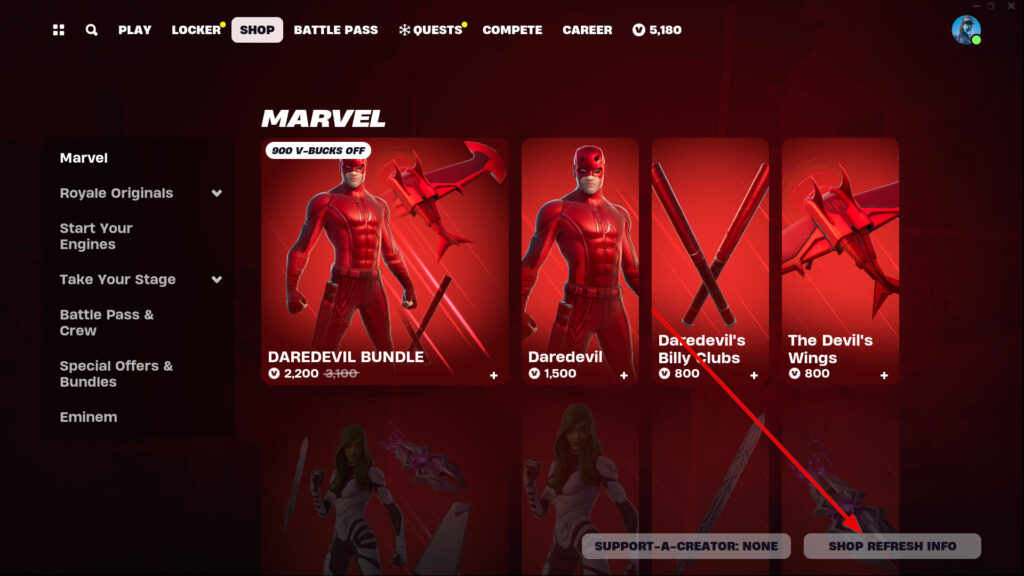Black Voices On Trump's New Student Loan Initiative

Table of Contents
Criticism of the Initiative's Design and Accessibility
The new student loan initiative, while well-intentioned, has drawn significant criticism for its shortcomings, particularly concerning its accessibility and impact on Black borrowers. Many argue that the initiative fails to adequately address the systemic inequities that have historically disadvantaged Black Americans in higher education.
Lack of Targeted Relief for Historically Black Colleges and Universities (HBCUs)
A major point of contention is the lack of targeted relief for Historically Black Colleges and Universities (HBCUs). Graduates from HBCUs, who often face greater financial challenges, are underrepresented in the potential benefits of the initiative. The initiative's design doesn't sufficiently address the systemic inequities in access to higher education and the resulting disproportionate HBCU debt relief needs. This has led to widespread concern amongst Black leaders and academics. Professor Anya Kamenetz of NYU stated, “The initiative fails to adequately acknowledge the unique financial burdens faced by HBCU graduates, perpetuating existing inequalities.” The lack of focused student loan forgiveness HBCUs initiatives exacerbates the Black student debt crisis.
Concerns About Eligibility Requirements Excluding Many Black Borrowers
The initiative's eligibility requirements, such as income thresholds and specific loan types, have raised concerns about their disproportionate impact on Black borrowers. Many Black borrowers, often from lower socioeconomic backgrounds, may find themselves excluded due to these stringent criteria. The program's reliance on income-driven repayment plans can further disadvantage those with fluctuating incomes or limited access to financial resources. This makes the promise of student loan eligibility a hollow one for a significant portion of the Black community. The complexities of the income-driven repayment system also contribute to the problem, often leaving borrowers unsure of their eligibility.
Perceived Lack of Transparency and Communication
Another significant criticism is the perceived lack of transparency and effective communication surrounding the initiative. Many within the Black community report difficulty accessing clear and understandable information about the program's requirements and application process. The application process itself is often cited as overly complex and confusing, creating additional barriers for those already struggling with financial hardship. The lack of targeted outreach to Black communities has further amplified concerns about transparency in student loan programs and access to information. This lack of student loan application clarity compounds the existing systemic inequalities.
Potential Positive Impacts and Nuances
While criticism is widespread, it's crucial to acknowledge that the initiative might offer some positive impacts for specific groups of Black borrowers. It's vital to avoid broad generalizations and recognize the diversity of experiences within the Black community.
Acknowledging Potential Benefits for Some Black Borrowers
Some Black borrowers, particularly those in higher income brackets or with specific loan types, may benefit from aspects of the initiative. These benefits, however, are often overshadowed by the concerns about accessibility and the overall failure to address systemic issues. The initiative's student loan relief measures could offer some level of debt forgiveness programs, even if its impact is limited for many. Examining the localized impact on the Black community impact is crucial for a complete understanding.
Diverse Perspectives Within the Black Community
It's important to emphasize that opinions within the Black community regarding the initiative are far from monolithic. The experiences and perspectives of Black borrowers vary widely based on factors like socioeconomic status, age, and educational background. Understanding this spectrum of Black voices and diverse opinions is paramount for developing effective policies. The student loan debate within the Black community is a complex one, reflecting the heterogeneity of its members' experiences.
Comparison to Other Proposed Solutions and Policy Recommendations
The Trump administration's initiative should be considered within the broader context of other proposals aiming to address student loan debt in the United States.
Alternative Approaches to Addressing Student Loan Debt in Black Communities
Many alternative approaches focus on addressing systemic inequities in higher education access and affordability. These include increased funding for HBCUs, expansion of grant programs, and comprehensive reforms to address the root causes of the Black student debt crisis. Addressing issues of higher education equity is key to achieving affordable college for all. Investing in student loan reform is also essential for long-term solutions.
Calls for More Targeted and Equitable Solutions
Advocates for racial justice are calling for policy changes specifically designed to address the unique challenges faced by Black borrowers. These include proposals for targeted debt relief programs, initiatives focused on improving access to financial aid and higher education for underserved communities, and robust programs addressing historical disinvestment in HBCUs. The push for equitable student loan policies, coupled with calls for targeted debt relief, is central to achieving racial equity in education.
Conclusion: Black Voices on Trump's New Student Loan Initiative—A Call to Action
In conclusion, the perspectives of Black Americans regarding Trump's student loan initiative are diverse and complex, reflecting the varied challenges and experiences within the community. While some may benefit from aspects of the initiative, many express significant concerns about its design, accessibility, and overall effectiveness in addressing the deep-seated inequities within the higher education system. It's critical to acknowledge that simply alleviating debt without tackling the underlying systemic issues will not achieve true equity.
We must prioritize understanding Black voices on student loan initiatives and advocating for truly equitable student loan policies for Black borrowers. This means supporting policies that promote access to higher education, increase financial aid for underrepresented groups, and address the historical disinvestment in HBCUs. We encourage you to engage in ongoing discussions, advocate for effective policy changes, and learn more about the impact of student loan debt on Black communities. Only through sustained engagement and a commitment to racial equity can we truly address this pervasive challenge.

Featured Posts
-
 Jack Bit Review Is It The Best Crypto Casino For 2025
May 17, 2025
Jack Bit Review Is It The Best Crypto Casino For 2025
May 17, 2025 -
 Angel Reeses Mothers Day Tribute Emotional Support During Brothers Ncaa Game
May 17, 2025
Angel Reeses Mothers Day Tribute Emotional Support During Brothers Ncaa Game
May 17, 2025 -
 Veteran Springfield Councilman Appointed To Missouri Education Board
May 17, 2025
Veteran Springfield Councilman Appointed To Missouri Education Board
May 17, 2025 -
 Tjrbt Synmayyt Mmyzt Aljzayr Tkrm Almkhrj Allyby Sbry Abwshealt
May 17, 2025
Tjrbt Synmayyt Mmyzt Aljzayr Tkrm Almkhrj Allyby Sbry Abwshealt
May 17, 2025 -
 Former Fbi Director Comey Faces Conservative Outrage Deletes Post
May 17, 2025
Former Fbi Director Comey Faces Conservative Outrage Deletes Post
May 17, 2025
Latest Posts
-
 Fortnite Cowboy Bebop Bundle Price Check For Faye Valentine And Spike Spiegel Skins
May 17, 2025
Fortnite Cowboy Bebop Bundle Price Check For Faye Valentine And Spike Spiegel Skins
May 17, 2025 -
 Cowboy Bebop Faye Valentine And Spike Spiegel Fortnite Skins Price And Release Date
May 17, 2025
Cowboy Bebop Faye Valentine And Spike Spiegel Fortnite Skins Price And Release Date
May 17, 2025 -
 Fortnite Players Express Disappointment With New Shop Items
May 17, 2025
Fortnite Players Express Disappointment With New Shop Items
May 17, 2025 -
 Fortnites Cowboy Bebop Skins How Much Does The Faye Valentine And Spike Spiegel Bundle Cost
May 17, 2025
Fortnites Cowboy Bebop Skins How Much Does The Faye Valentine And Spike Spiegel Bundle Cost
May 17, 2025 -
 Fortnite Fans Furious Over Latest Item Shop Update
May 17, 2025
Fortnite Fans Furious Over Latest Item Shop Update
May 17, 2025
